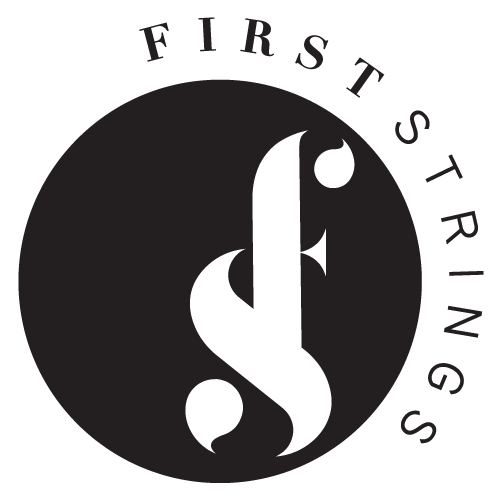Spiccato is a bowing technique in which the bow is bounced lightly on the strings of a stringed instrument, creating a series of short, controlled, and detached notes. The term "spiccato" itself is derived from the Italian word "spiccare," which means "to detach" or "to separate." This technique is used to achieve a specific articulation and rhythmic effect in music.
The exact origin of spiccato bowing is not precisely documented, but it likely evolved over time as composers and musicians sought ways to create distinct articulations and textures in their music. Spiccato became more prominent and standardized during the Baroque period (around 1600-1750), particularly with the development of violin techniques.
During the Baroque era, composers like Antonio Vivaldi and Johann Sebastian Bach began to notate specific bowing instructions in their compositions, including indications for staccato (short, detached notes) and legato (smooth, connected notes). Spiccato was a natural extension of these articulation techniques, allowing for a controlled bounce of the bow on the strings to achieve shorter, detached notes without the bow leaving the strings entirely.
As the Classical and Romantic eras unfolded, composers further developed and refined spiccato bowing techniques. Composers such as Wolfgang Amadeus Mozart and Ludwig van Beethoven included spiccato markings in their works, emphasizing its importance in string music.
Today, spiccato remains an essential bowing technique for string players, particularly for violinists and cellists. It is taught as part of standard string instrument pedagogy and is used in various musical styles to add rhythmic precision and articulation to compositions. The technique has evolved and expanded over centuries, becoming an integral part of the expressive palette available to string musicians.


Leave a comment
All comments are moderated before being published.
This site is protected by reCAPTCHA and the Google Privacy Policy and Terms of Service apply.